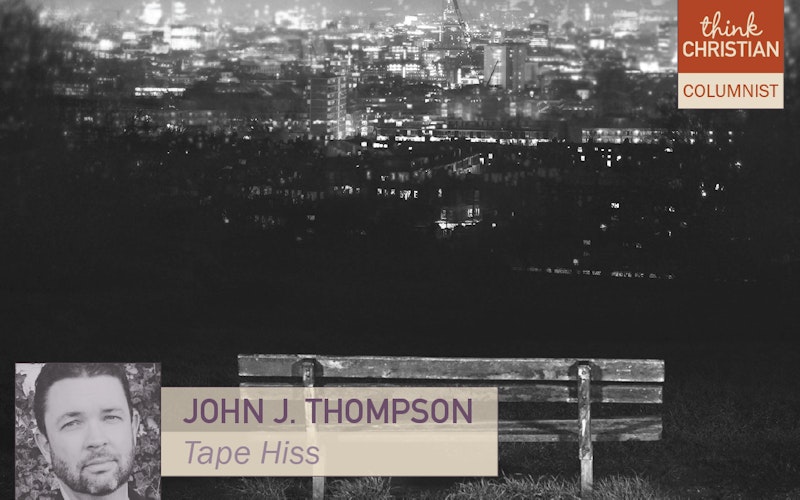
Music
Mumford & Sons’ milder Wilder Mind
So yeah, Mumford & Sons have ditched the prospector clothes and the acoustic instrumentation for Wilder Mind. It’s hardly surprising, either. Babel took the band’s trademark arena folk to unsustainable heights and, as with post-Rattle and Hum U2, it was time for the poster boys of populist Americana to dream it all up again. Unlike their Irish forebearers, however, these sons seem to have lost the baby when they threw out the antebellum bathwater.
Yes, Wilder Mind is electric. It fits right in with the millennial alt-pop of The National, Snow Patrol and Hozier, even as it clearly quotes several 1980s acts. When U2 conjured Achtung Baby, however, it was clear that something important was happening. Those songs, crafted of post-industrial wreckage, were deeply soulful and purposeful refractions of the emerging digital age. In the 25 years since its release, Achtung Baby stands as one of the band’s best and most prescient moments. All of their prophecies have come true. I wonder if anyone will reflect on Mumford & Sons’ Wilder Mind in 25 years.
Though plugged in and stripped of all suspenders, Wilder Mind struggles to find purpose within its own slick architecture. While scrapping the banjos and the thrift-store kick drum, the band seems to have lost the spiritual undercurrent that made their introspection so compelling. Maybe the twang, though contrived at times, helped them connect to something universal and crucial. What we are left with is a solid, serviceable, contemporary-sounding band making reliable triple-A radio music. It’s solid B+ stuff, to be sure. The problem is, it just makes me want to listen to U2, Neil Young, Bruce Springsteen or The Eagles on one hand, or the imaginative modern rock of Vampire Weekend, Future Islands or The War On Drugs on the other. Wilder Mind, for all of its shimmer, simply doesn’t shine.
The band seems to have lost the spiritual undercurrent that made their introspection so compelling.
Sigh No More, the band’s debut, startled me with its brutally confessional tone. It was as if a young man lost himself in Plato’s cave and emerged with a sense of his own frailty and need. Babel, generally speaking, took a more stratospheric view: finding echoes of every society, culture or nation’s foibles rattling around in the singer’s own heart and skull. Both leaned heavily on deeply rooted Gospel truths. I had hoped Wilder Mind would continue that tradition. Human relationships speak of the innate and deeply spiritual human need for intimacy, honesty and grace. A great song need not be specifically Christian to be spiritual and true, but what we are treated to here is a batch of oblique lamentations over breakups. Biblical references pop up here and there, but never in a satisfying or interesting way.
One near exception is “Believe,” in which Marcus Mumford adopts a prayer-like tone as he approximates spiritual despair amidst yet another breakup. “I don’t even know if I believe, everything you’re trying to say to me,” he intones, “so open up my eyes, tell me I’m alive, this is never gonna go our way if I’m going to have to guess what’s on your mind.” I’m sorry, guys, but if you’re not up for guessing what a woman has on her mind, you shouldn’t bother being in a relationship. And if, somehow, he’s talking about God, he seems to be missing the gist of faith. Either way, I find myself struggling to care.
Mumford & Sons could not have gone back to the well for a third round of foot-stomping folk rock without becoming a caricature of the genre they helped define. I applaud the instrumental shift happening here. I just wish there was more going on. Wilder Mind is a solid piece of work - even somewhat brave at times - but it’s not transcendent. As liberating as their embrace of electric instruments may have been, it seems they’ve simply traded them for a different kind of formula.
Topics: Music, Culture At Large, Arts & Leisure